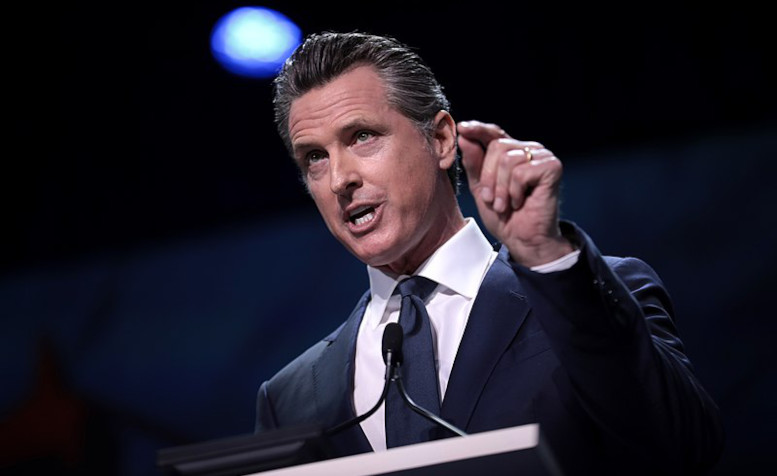[Updated Sunday, Aug. 29]
The California Senate Committee on Appropriations has signed off on a controversial hemp bill, referring it to the Senate floor for amendments ahead of a potential vote.
But in what looks like a positive development, California Gov. Gavin Newsom has dropped his support for a ban on smokable hemp flowers in the state, according to Josh Schneider, president of the Hemp Farmers Guild.
“We are cheered by that,” said Schneider, whose group opposes many provisions in the measure. “Unfortunately, the bill has a host of other problems, from incorrect definitions of what constitutes a hemp plant to confusing and unimplementable rules for packaging and labeling,” he added.
The appropriations committee met Thursday, Aug. 26 to consider Assembly Bill 45 (AB45), approving a proposed $2.5 million in funding to support implementation of the bill.
“There are a lot of groups asking for changes to the bill and we don’t have information yet on what the changes are that will be approved by the bill’s author, so it is all a little in flux right now,” Schneider said.
California hemp stakeholders have said the measure, which would put hemp under the state’s Bureau of Cannabis Control (BCC), adds a number of confusing new rules affecting hemp up and down the supply chain. Opponents claim the restrictions in the measure are the result of lobbying by marijuana interests that are looking to disadvantage industrial hemp.
Hand of Big MJ
“The entire bill is crafted by outside lobbyists paid by big marijuana corporations working with HRT (the U.S. Hemp Roundtable) and the California Hemp Council, which have created a multi-million dollar bureaucracy,” said Chris Boucher, CEO at Farmtiva, a hemp ag services company and CBD consultant who also serves as a board member and treasurer at the Hemp Farmers Guild. In addition to the Guild; Stop AB45, a web-based movement against the measure; the California Hemp Association, the National Industrial Hemp Council, and the National Hemp Association also oppose the bill.
Opponents hope the bill will be halted, to be taken up during next year’s legislative session. AB45 as now written would ban the sale of flowers and smokable hemp products while creating a bureaucratic mess for farmers, manufacturers and retailers. Unclear language in the bill could bring restrictions on all hemp products, critics have also warned.
“No state has sabotaged hemp as much as California,” said hemp veteran Richard Rose. “They aren’t content with killing the hemp food market for years through their legerdemain, and the birdseed market permanently,” said Rose. “They want to take CBD and smokable hemp down too.”
The California Department of Food & Agriculture would join with BCC in oversight of the state’s hemp program under AB45, which would also outlaw CBD vapes and pens, hemp in beer, wine or spirits, and alcohol-based tinctures.
Other devilish details
Among other key proposals, AB45 would:
- Require manufacturers and retailers to be licensed, and to share information with law enforcement and the BCC – similar to rules guiding marijuana in California.
- Designate “hemp extract” and “industrial hemp raw extract” as “not for consumer use” but nonetheless require those derivatives to be tested for unspecified “derivatives.”
- Create an authorization process for hemp manufacturers “who produce specified products that include industrial hemp or who produce raw hemp extract,” and authorize fees of $1,000 per company to support such a program.
- Establish marketing, sanitary and safety and sales regulations for food and cosmetics.
- Set requirements for laboratories that analyze hemp and hemp products.
- Establish an Industrial Hemp Research Fund to support research at the University of California.
“It is our hope that the bill will be held over until next year where the author can engage the actual stakeholders in California’s hemp industry rather than just taking advice from large multistate cannabis operators who see hemp as competition and Big CBD companies who don’t even source their supply of CBD from American farmers,” Schneider said.

